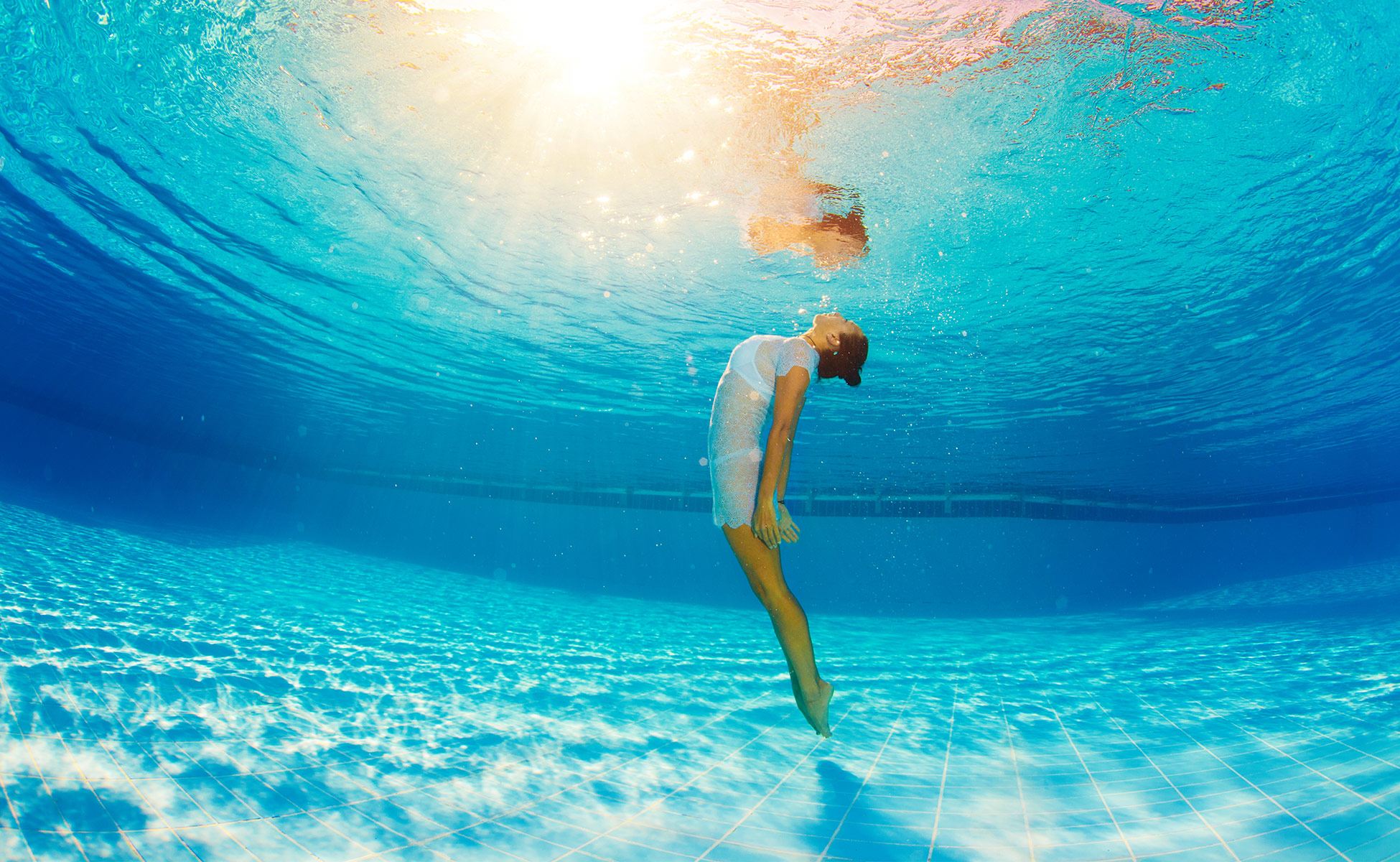
A Kid’s Eye View of Pool and Spa Water Quality
“My dad was a chef, until he met water.”
— Georgia Kenny
In one of my previous blogs, I briefly mentioned how important and useful it is to listen to what people using a particular pool or spa say about their experience in the water. If they’re complaining about the smell, or if their eyes are burning and they’re having trouble breathing, those are strong indications that you need to take a hard look at the water conditions.
Experience has taught me that some of the most effective critics of water conditions are kids. They don’t have adult filters yet and quite often cut right to the heart of the matter. In fact, I believe that if you talk to kids who enjoy swimming about their experience (there’s that word again), their thoughts can instruct and influence the way we adults regard the importance of maintaining superior water quality.
Straight from the Source
Case in point, my 11-year-old daughter, Georgia, is one of those young people who was born with a keen knack for getting right to the point. She’s also an experienced swimmer, including participation in a junior lifeguard program over the last two years.
We recently had a discussion about her thoughts on swimming and as is so often the case, she impressed her old dad with some rather sharp insights. “My favorite part of swimming is being able to float through the water,” she said. “It feels like I’m flying. I feel like I can let out everything when I’m swimming. My least favorite part is when I have to get out of the water.”
To that she added, “I like it when you can open your eyes underwater and it doesn’t burn. Sometimes when you’re in a saltwater or chlorine pool, it does burn and I just want to get out.”
She expanded on that point by explaining that’s why she prefers outdoor pools: “Because when you get out, the air is fresh. With indoor pools, when you get out, there’s the chlorine smell and the room gets steamy. I don’t swim much in the winter because there aren’t indoor pools that don’t have that chlorine smell. So, I look forward to summer because I can start swimming again. But it’s critical that the water is clean and does not smell, otherwise I won’t swim in it.”
The Key Difference
Aside from my understandable parental pride, Georgia’s “critical” remarks struck me in a surprisingly profound way from a professional perspective. As she explained, swimming is one of her favorite activities; she looks forward to it all winter and enjoys it so much that the worst part is having to stop. If that doesn’t sound like the makings of a lifelong swimmer and possible future pool owner, I don’t know what does.
However, she is equally adamant that if the water quality doesn’t meet her expectations (that is, the water doesn’t smell or burn her eyes), she doesn’t even want to go near it in the first place. In other words, the condition of the water spells the difference between her favorite activity and one that she’d rather avoid.
When we think about the bather experience, especially where kids are concerned, I firmly believe it’s useful to remember that as professionals we have a choice whether or not we’re helping to create aquatic enthusiasts or those who would rather stay away.
We should never lose sight of the fact that tomorrow’s swimmers and pool owners are with us today. And, it’s up to us grown-up professionals to foster their love of water by making sure they’re immersing themselves in water that is clean, wholesome, and enjoyable.
the Water Geek
CATEGORIES

A blog about all things water, written by SRK's founder Steve Kenny.


